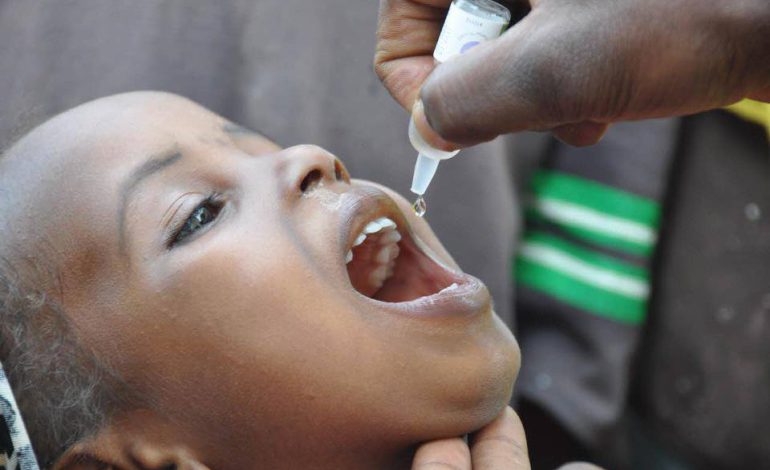International body declares Africa wild polio-free

The Africa Regional Certification Commission on Tuesday declared Africa free from wild polio.
Nigeria was the last African country to be declared free of wild polio. Less than a decade ago, half of all the global cases of wild polio were reported in Nigeria.
It was particularly difficult to do an immunisation campaign in Borno State which was the epicentre of the Boko Haram insurrection in 2016. This necessitated health workers to navigate the area with boats so that they can deliver the wild polio vaccine to those remote communities.
Before Nigeria, the last case of polio was reported in Puntland in Somalia in 2014.
Rumours and misinformation about the vaccine have also delayed the eradication of wild polio in Africa.
Wild polio vaccine campaigns were paused in Kano after Muslim religious leaders claimed that the vaccine was contaminated with an anti-fertility agent. However, Nigerian scientists did lab tests and disapproved those claims. Polio immunisation resumed the next year.
However, in 2013, nine polio vaccinators were shot in a health centre in Kano, Boko Haram is believed to have carried out that attack.
Therefore, eradicating wild polio in Africa has been a long journey. 95 per cent of Africa’s population has now been immunised, which was the condition the Africa Regional Certification Commission had set before declaring Africa polio-free.
WHO Regional Director for Africa Dr Matshidiso Moeti showcases the wild polio free certificate on August 25,2020. [Source: Dr Matshidiso Moeti/Twitter]
What is polio?
Polio is a virus that affects the nervous system which can lead to irreversible paralysis. If Polio affects the breathing muscles, it can lead to death. It mainly infects children below five years and spreads from one person to another through contaminated water.
Early polio symptoms include fever, fatigue, headache, vomiting, stiffness of the neck and pains in the limbs. Complete paralysis occurs in a matter of hours. Polio has no cure but the vaccine protects children for a lifetime.
Afghanistan and Pakistan are the only countries with reported cases of wild polio.
However, there are 177 cases of vaccine-derived polio-virus in Africa. This is a rare virus that mutates from the oral polio vaccine and can easily spread to communities which have not been immunised.
The World Health Organization (WHO) has identified the vaccine-derived polio-virus in Nigeria, the Democratic Republic of the Congo, Central African Republic and Angola.
WHO has therefore urged Africa to continue carrying out polio vaccination campaigns until the virus is completely eradicated.
“Until the wild polio-virus is eradicated everywhere, it’s still a risk everywhere. There’s nothing that prevents the virus from making the route from Pakistan and Afghanistan to Africa,” Michael Galway, a polio expert at the Bill & Melinda Gates Foundation, told Reuters news agency.




